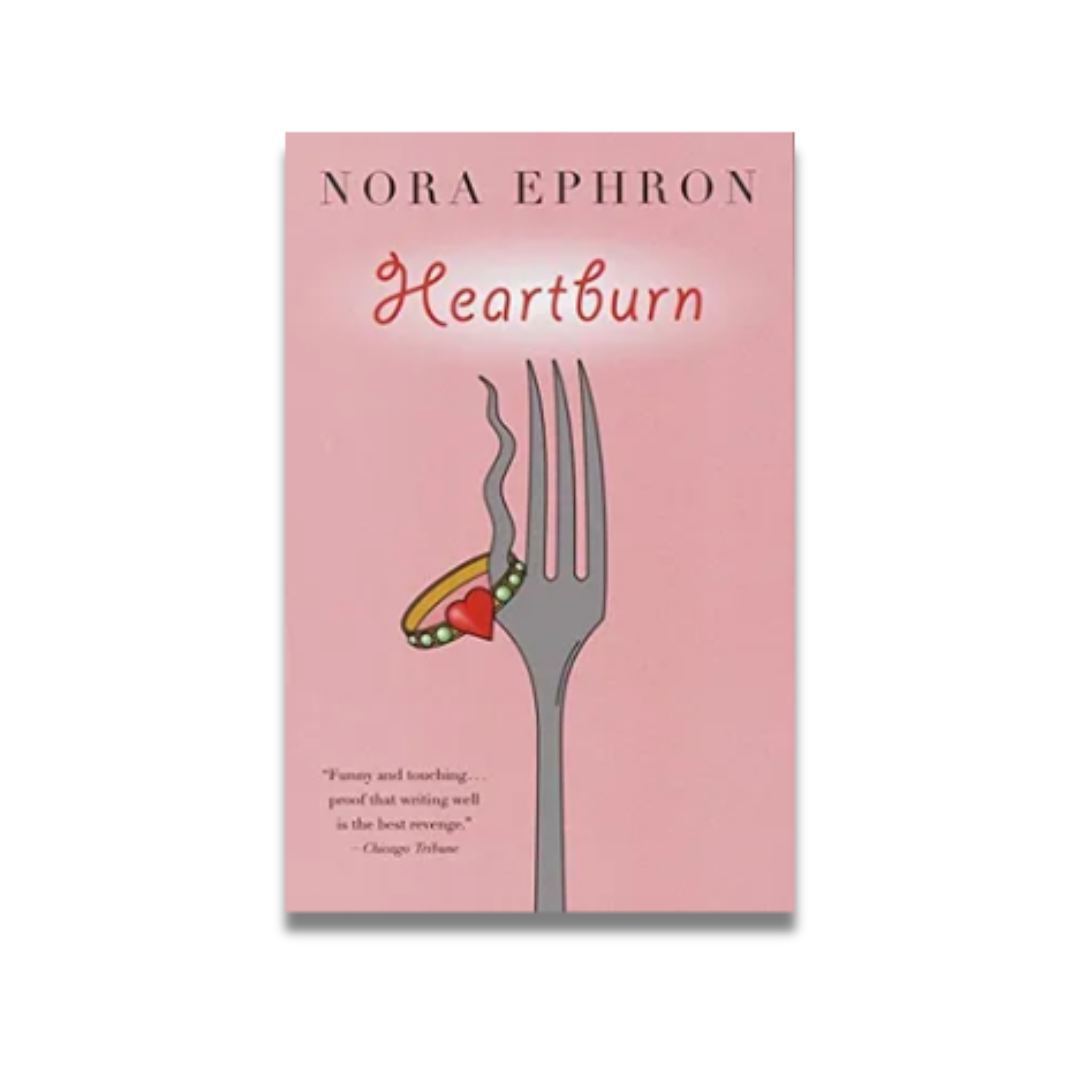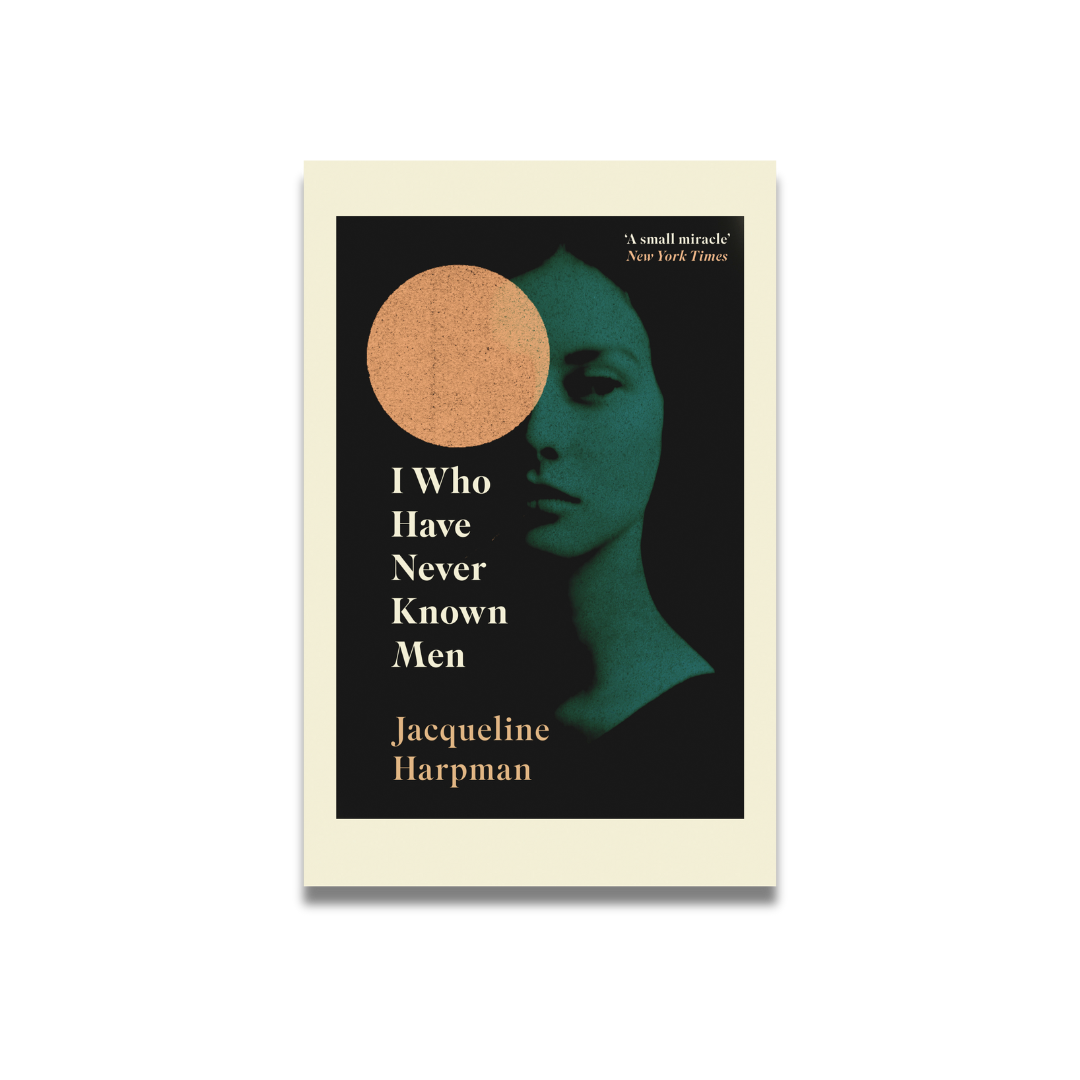My Favorite Reads of 2024
And the self-imposed pressure to read the classics
At the start of 2024, I saved a list titled “The Best 100 Literary Classics” in my Notes app. I crossed off the 17 I’d already read (an alarming small amount) and vowed to spend the year tackling the rest. By the end of the year, I imagined myself exceptionally well-read. Nowadays, that idea only makes me think of this quote from Conversations with Friends by Sally Rooney:
“I’m bettering myself, I’m going to become so smart that no one will understand me.”
In reality, I wanted to read the classics not for the experience itself but for having read them. So, I managed just one book from the list before abandoning the mission entirely.
Instead of succumbing to the pressure of reading the classics, I found joy in reading for pure pleasure—to laugh, gasp, feel heartbreak, rage, swoon, and feel alive.
Here are the books that took me there.
10. Heartburn by Nora Ephron (1983)
Heartburn is a fictionalized version of how Nora Ephron’s high-profile marriage exploded in the public eye after his husband had an affair while Ephron was seven months pregnant with their second child.
This book was delightful to read because of Ephron’s funny voice. It masterfully balances the mundane details of everyday life with the extraordinary drama of betrayal and heartbreak. It detours into many different topics (friendship, New York vs. Washington, food) and succeeds in showing the main character’s mental state. Ultimately, it contains a lot of wisdom about life, marriage, and love.
“My marriage to him was willful an act as I have ever committed; I married him against all the evidence. I married him believing that marriage doesn’t work, that love dies, that passion fades, and in so doing, I became the kind of romantic only a cynic is truly capable of being.”
If you choose to read this, you will probably whisper to yourself, “The audacity!” multiple times, just like I did.
9. Young Mungo by Douglas Sturart (2022)
There are some books you remember not only the story but the experience of reading them, and this one is one of those. Young Mungo is a family drama, a sweet love story between two fifteen-year-old boys and a coming of age set in a macho and homophobic Glasgow of the 1980s.
The main character, Mungo, is born into a Protestant family. He is forced into street violence with Catholics and falls in love with a Catholic boy named James. As you read, you'll find yourself sitting in the front row, experiencing a beautiful, devastatingly moving romance.
I constantly felt and feared that something terrible was going to happen. This is a sad book, yet it doesn’t feel like sadness is its purpose. The writing is so descriptive that you feel like you are alongside Mungo. It has beautiful storytelling, exceptional writing, and both lovable and detestable characters.
Read at your own risk.
8. I Who Have Never Known Men by Jacqueline Harpman (1995)
I reviewed this book in November, and was quite harsh, giving it a mixed review. Why is it here then? Well, the book simply stayed with me. I kept thinking about it; its themes kept popping into my head unannounced, and its characters felt like real people. So, I’m giving it its credit.
This dystopian novel follows forty women held captive in a cage without remembering how they got there (or why). It is told through the eyes of the youngest, a girl raised without societal norms, culture, or inherited knowledge.
It was interesting to explore what it means to exist without societal constructs. If you like meditations on humanity stripped down to its essence, this book is for you.
“Perhaps, somewhere, humanity is flourishing under the stars, unaware that a daughter of its blood is ending her days in silence.”
7. Tomorrow, and Tomorrow, and Tomorrow by Gabrielle Zevin (2022)
When I reviewed this book in November, I was initially skeptical. As someone who doesn't play video games, a story about game developers seemed outside my interests. Yet Zevin's masterful storytelling completely won me over. The novel follows two friends who meet as children in a hospital and later create a groundbreaking video game together. But this isn't just about their success; it's about the transformative power of friendship, creativity, and ambition.
This book is exceptional because it transforms a niche subject into a universally resonant story. The characters are beautifully flawed and profoundly human—sometimes lovable, sometimes frustrating, but always authentic. While the pacing occasionally slows, the final chapters are gripping. It's a testament to Zevin's skill that she made me deeply care about a world I knew nothing about.
6. In The Dream House by Carmen Maria Machado (2019)
“I speak into the silence. I toss the stone of my story into a vast crevice; measure the emptiness by its small sound.”
This book excels in terms of writing style and quality. In The Dream House is a memoir written in fragmented form. You never get the story as a whole but a sequence of short chapters with memories narrated in them. It’s nothing like anything I’ve ever read before. Some chapters are as short as one sentence, others are pages long, and others are almost like poems.
Machado expresses her experiences in an abusive same-sex relationship through lyrical writing, addressing a rarely discussed subject. She also touches on the societal expectations for what a queer relationship should look like.
It's not just the exceptional reading experience; it's the delivery. She writes in the second person, which is a difficult thing to do successfully (the other person I’ve read who triumphantly does it is Shehan Karunatilaka in The Seven Moons of Maali Almeida).
It’s an intimate story of her life and her relationship with her former partner made in an authentic, creative, and beautiful way.
5. Funny Story by Emily Henry (2024)
Emily Henry's Funny Story was one of my most anticipated reads of the year. She and Abby Jimenez are the authors who make romantic comedies right: believable, funny, and with great characters.
In this book, Miles and Daphne become roommates when their partners leave them for each other. While dealing with the breakups and their life as single people, they become friends and help each other overcome the insecurities of the past while adding a chaotic element: They pretend to date each other to cause jealousy in their exes.
This book has strong personal development; the characters are layered and lovable. I love how Emily Henry writes her stories with depth. Both characters experience personal issues, and Henry shows her skills by not making the relationship the “fix” for those issues.
4. The Color Purple by Alice Walker (1982)
I finally read The Color Purple. And even though it was sometimes difficult to read, I loved it. We follow Celie, a poor girl in rural Georgia who is married to an older man and forced to share her life with a harsh and brutal husband.
It explores race, spirituality, toxic masculinity, the long-lasting effects of abuse, identity, family, female friendships, and more. It is emotional and conveys a message of hope for finding one's identity. The novel contains many social critiques; if you try to focus solely on the story, the author doesn’t let you. There’s no escaping the layers of complexity in this novel.
I liked how she writes letters to God in an attempt to transcend a life that is often too much to bear. The protagonist feels exceptionally raw and real.
3. Prophet Song by Paul Lynch (2023)
Prophet Song shows us a democratic society (Ireland, in this case) that becomes a totalitarian state and a mother who fails to flee while she can because she cannot envision how easily things fall apart. The book screams. I could feel the tension, despair, and grief.
It successfully challenges the Western worldview of “This can’t happen here.” The dystopian elements mirror political unrest worldwide and throughout history.
“...the world is always ending over and over again in one place but not another and that the end of the world is always a local event, it comes to your country and visits your town and knocks on the door of your house and becomes to others but some distant warning, a brief report on the news, an echo of events that has passed into folklore…”
2. Malibu Rising by Taylor Jenkins Reid (2021)
I have yet to rate a Taylor Jenkins Reid book less than five starts.
I love how her books are stand-alone yet share a universe and have character cameos and easter eggs. She positions the story she is telling in a way that makes sense for her fans and people who have read all her other work (Like me!)
Her latest books contain character studies of famous people. Malibu Rising follows four famous siblings, all surfers except one, a professional photographer.
What you know going in is that there is a party, and that night, their house burns down. From there, you follow each sibling, their issues, and what they did the night of the party. On the surface, there is nothing immediately special about the story, yet it ends up gripping you. I could not put the book down; the characters feel like real people.
I love that you follow a whole family. There are heartwarming moments as well as challenging ones. I had a lot of fun!
In Memoriam by Alice Winn (2023)
I wish I could erase this book from my memory and read it again for the first time.
The story begins with two English college students, Sidney Ellwood and Henry Gaunt (who is half-German), during 1914 as the war starts. Day after day, they read the college newspaper to find the casualties of students who died at the front during World War I.
At one point, Gaunt’s family asks him to enlist to avoid the anti-German sentiment they face, and soon Elwood follows him to the front.
From there, the story unfolds both a beautiful romance and a heart-wrenching war narrative. The execution is flawless, and I felt I was with the characters–in the school and the trenches.
Moments of hope, love, and joy shine through, but the reality of war and its consequences for those men always resurfaces. I couldn’t put my Kindle down and felt like the characters were real people in my life.
“The Hague Convention sought to make war more humane. We had reached a point in history where we believed it was possible to make war humane.”
The author carefully integrates issues of race, class, and sexual orientation into the narrative rather than directly confronting readers with them.
Since reading this book in May, I’ve been looking for a story as perfectly layered as this one. It was an easy choice for my favorite book of 2024.
I wanted to close with something Celine Nguyen mentioned in her “best books of 2024” post:
“I like these personal lists because they feel closer to the true experience of reading. We read based on our own interests (and not arbitrary rules, like “books published this calendar year”); and what qualifies as best is some function of objective quality and subjective preference.”
I couldn’t agree more.
My favorite reads this year weren’t just about literary merit but about timing, mood, and how certain stories seemed to meet me exactly where I was. This list reflects not just good books but the ones that felt right for me in 2024.
What were some of your favorites? Here’s to a great reading year in 2025.
–Catalina
















I finally read Heartburn myself and loved it 💕 Your list intrigues me and I'll definitely give others a go. Thanks for sharing and I completely agree it's all about "mood".